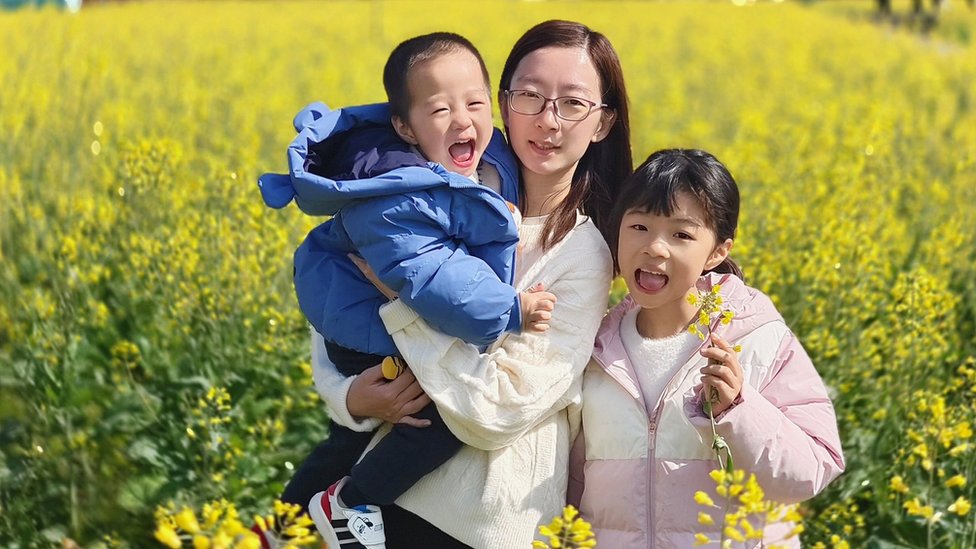During the pandemic, Kathy Zhuo and her husband faced financial challenges after taking a 50% pay cut while also caring for her mother who was diagnosed with cancer. This prompted Ms. Zhuo to join the trend of online “saving da zi” partners, where individuals share tips on how to save money. The trend emerged on China’s Xiaohongshu platform in February 2023 and has gained significant popularity, showing a lack of confidence in the future economy. Despite working in the clean energy sector, Ms. Zhuo feels the need to prepare for potential economic dangers as many of her friends and family are losing their jobs.
Ms. Zhuo joined various online saving groups predominantly made up of women aged between 20 and 40, where members log their budgets and expenses daily to avoid impulse purchases. Through the support of her saving partners, Ms. Zhuo has seen a significant reduction in her spending, aiming to save 100,000 yuan this year. Similarly, Wen Zhong, a primary school teacher, has curbed her online shopping habits with the help of saving partners, leading her to embrace a more minimalist lifestyle by focusing on reading, weaving, and selling handmade products.
China already has a high savings rate, with households holding about 138 trillion yuan in the bank by the end of 2023. This trend raises concerns for the Chinese government as excessive saving could limit the central bank’s ability to stimulate the economy through interest rate cuts. Some individuals, like Ms. Chen, have resorted to keeping cash at home as a traditional saving method despite the country’s transition to a mostly cashless society. Ms. Chen, who runs a beauty parlour in Henan province, withdraws most of her income monthly to save for future expenses, particularly due to the economic slowdown impacting her business and the financial responsibilities of caring for elderly parents and saving for her children’s future needs.
As part of the saving da zi trend, many Chinese people, particularly women, are adapting to frugal living and reevaluating their spending habits. This shift towards thriftiness is driven by economic uncertainties, job losses among friends and family, and the need to prepare for potential financial challenges. By forming online saving groups, individuals like Ms. Zhuo and Ms. Wen have found support and camaraderie in their efforts to cut expenses, save money, and embrace minimalist lifestyles. Despite challenges, such as economic slowdowns and changing societal norms, these individuals are striving to build financial security and stability for themselves and their families, highlighting the importance of adaptability and resilience in the face of economic hardships.


